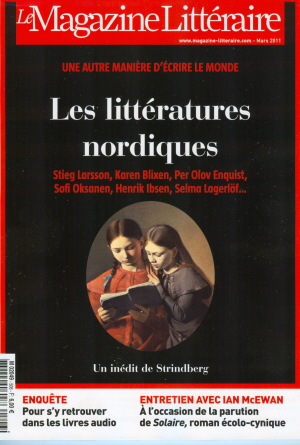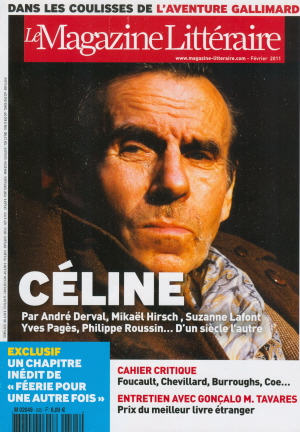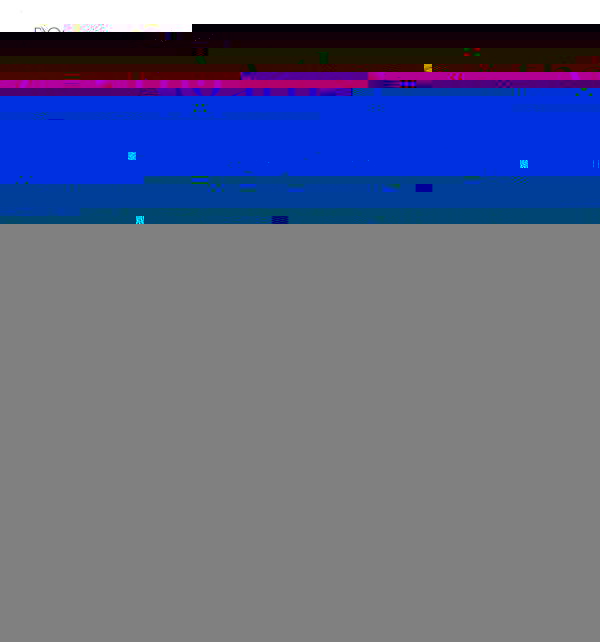Giai thoại | Potin | Nhật ký | Linh tinh | Thống kê | Viết ngắn | Tưởng niệm | Tiểu thuyết | Sáng tác | Sách mới xuất bản | Lướt Tin Văn Cũ | Kỷ niệm, kỷ niệm
Thời Sự Hình | Gọi Người Đã Chết |Ghi chú trong ngày| Thơ Mỗi Ngày| Nhật Ký Cũ
1
 Nguyễn
Quốc Trụ Đã
xuất bản * Một khi kiếm, không thấy trên Nhật Ký, index: Kiếm theo trang có đánh số. Theo bài viết. Theo từng mục, ở đầu trang Tin Văn. Nhìn lại những trang Tin Văn cũ 1 2 3 4 5 Bản quyền Tin Văn |
Carlos
Fuentes: Women The
word martyr,
etymologically speaking, means witness.
Nếu
vờ Osip Mandelstam đi, không tính tới, thì Anna Akhmatova (1889-1966)
quả đúng
là nhà thơ vĩ đại nhất của Nga, thế kỷ 20. Đàn ông mết bà, nhưng họ
không hiểu
được bà. Tất cả đám đực rựa cũng bẽn lẽn thú nhận điều này: Anna kiêu
ngạo hơn,
bảnh hơn, láu lỉnh hơn họ. Bên dưới cái vẻ mảnh mai, mảnh khảnh, là một
ý chí sắt đá. Sự mảnh mai và ý chí sẽ mang đôi
cánh đến cho những dòng thơ tuyệt vời của
bà. 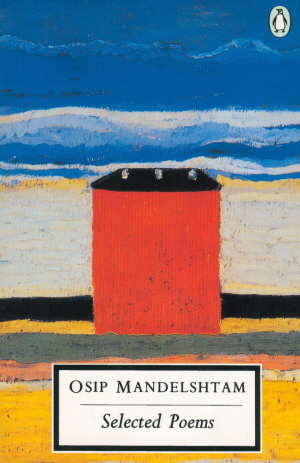 Foreword by Nadezhda Mandelstam I think that
the most difficult task in the world is the translation of verses,
particularly
of a true poet, in whose verses there is no discrepancy between the
form and
the content (or meaning) - both of them always new and but a bit
different
(with no great disparity between them) - and where the ego of the poet
is
always strikingly felt. Marina Tsvetayeva said she could write as
Mandelstam
did but that she didn't want to. She was a great poet but she was
greatly
mistaken. She could be influenced by Mayakovsky and Pasternak and
remain
Tsvetayeva because they were
innovators and therefore easily aped. But Mandelstam
composed verses in tradition,
which is far more difficult to imitate. Nadezhda
Mandelshtam, 1976 You took
away my seas and running jumps and sky (307) May
1935 Bản tiếng
Pháp: En me
privant des mers, de l'élan, de l'envol My country
conversed with me, (part 6 of
312) May-June 1935 Ta không muốn,
như một cánh bướm trắng kia, [Note: Gửi
Cù Hậu Duệ. NQT] Mấy dòng thơ sau đây, của Mandelstam, để tặng con phố mang tên ông. Như Phố TCS!
What
street's this one? After
Stalin's death Mandelstam was 'rehabilitated', but there is still no
street
anywhere in the Soviet Union named after him.
Nữ Hoàng
Trinh Thám & Hitler Diễn văn của
Bác H[itler] thì vũ như cẩn:
|
Giới Thiệu Sách, CD: 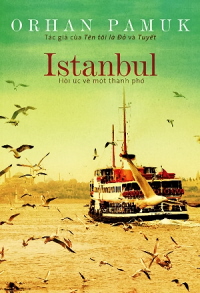 Art2all Việt Nam Xưa Talawas VN Express Guardian Intel Life NTK TMT Mùa hè Còn Mãi NCK Trang đặc biệt Tưởng nhớ Thảo Trường Tưởng nhớ Nguyễn Tôn Nhan War_Pix Requiem TheDigitalJournalist IN MEMORIAM W. G. SEBALD Hình ảnh chiến tranh Việt Nam của tờ Life Vĩnh Biệt Bông Hồng Đen Blog 360 plus Blog TV  Lô cốt trên đê làng Thanh Trì, Sơn Tây |
